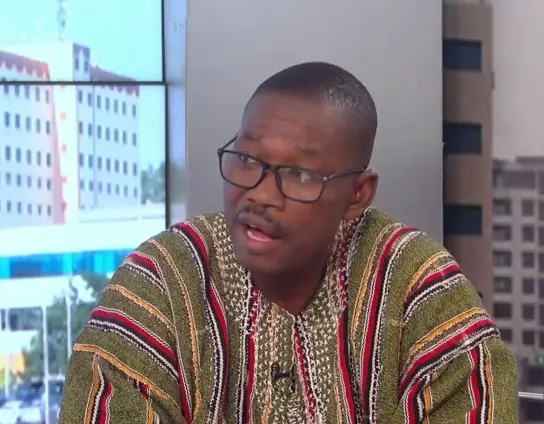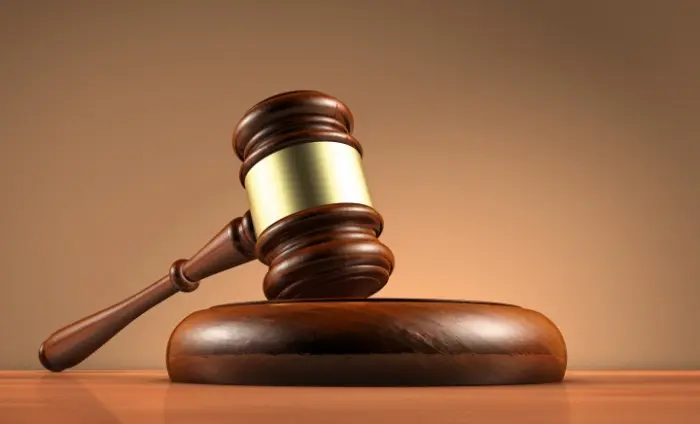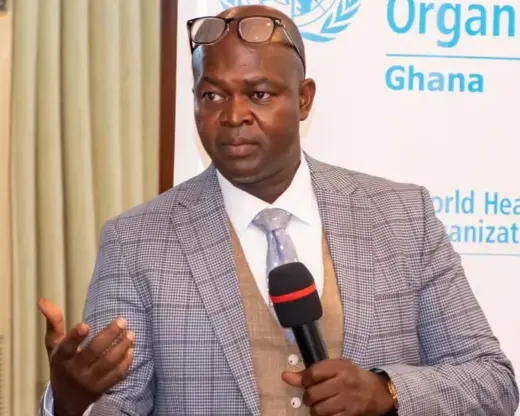The news rippled across East Africa with unsettling speed: Martha Karua, a towering figure in Kenyan politics and a staunch advocate for human rights, had been deported from Tanzania. “I was deported,” Karua stated, the stark declaration amplifying the shockwaves felt by observers concerned about the state of democracy in the region. This incident, preventing Karua from attending a court case involving Tanzanian opposition leader Tundu Lissu, has ignited a firestorm of questions about political repression and the fairness of upcoming elections.
Martha Karua is not just any lawyer. As a former Justice Minister in Kenya, she has consistently championed the rule of law and fought for justice. The move to block her entry into Tanzania to observe proceedings related to Tundu Lissu, who faces serious charges, underscores the fragile political climate in the country. The Martha Karua deportation raises critical concerns about political stability, human rights, and the integrity of democratic processes, not just in Tanzania, but across East Africa.
The Deportation of Martha Karua: What Happened?
Martha Karua’s account paints a picture of swift and decisive action by Tanzanian authorities. Upon arrival, she, along with her colleagues Gloria Kimani and Lynn Ngugi, were detained and subsequently deported. The swiftness of the action and the lack of explanation have fueled speculation and unease. While a detailed account from Karua herself provides a Kenyan perspective, the Tanzanian government has remained conspicuously silent.
The silence from Tanzanian authorities regarding the Martha Karua deportation is deafening. The absence of any official statement or justification for the deportation only serves to deepen the mystery and raises serious questions about transparency and accountability. The lack of communication from official channels creates an environment ripe for speculation and fuels concerns about the motives behind the decision.
Tundu Lissu’s Treason Case: The Underlying Context
The case at the heart of Martha Karua’s intended visit is that of Tundu Lissu, a prominent figure in Tanzanian opposition politics. As the leader of Chadema, Tanzania’s main opposition party, Lissu has been a vocal critic of the government. He now faces treason charges, a development viewed by many as a politically motivated attempt to silence dissent. Lissu’s arrest and the charges against him have taken place against a backdrop of increasing restrictions on opposition activities.
The implications of Lissu’s case resonate deeply within Tanzanian politics. Many observers believe the charges are a thinly veiled attempt to cripple the opposition, especially with elections on the horizon. John Mnyika, the general secretary of Chadema, has strongly condemned the detention of foreign lawyers, including Karua, as an affront to justice. The restrictions placed on Chadema’s activities further fuel the narrative of a government intent on suppressing dissenting voices. The trial, and the attempt to bar observers from it, raise significant questions about the fairness of the legal process.
Broader Concerns About Human Rights and Democracy in Tanzania
Human rights organizations have expressed growing alarm over what they describe as increasing repression in Tanzania. The deportation of Martha Karua only adds to these concerns. The Tanzania Human Rights Defenders Coalition, among others, voiced shock at the “arbitrary arrests” and actions taken against perceived opponents of the government. The barring of Chadema from contesting upcoming elections represents a further erosion of democratic principles, according to many critics.
President Samia Suluhu Hassan’s tenure initially sparked hope for a more open and democratic Tanzania. However, critics contend there has been a marked return to the repressive tactics seen under her predecessor, John Magufuli. While some argue that Suluhu Hassan is navigating a complex political landscape and striving to balance various interests, others point to the recent actions as evidence of a troubling shift away from the promised reforms. The debate highlights the precarious state of democracy in Tanzania and the challenges facing those who advocate for greater political freedom.
The Regional Impact and International Reactions
The news of Karua’s deportation has triggered strong reactions across East Africa. Kenyan politicians, lawyers, and civil society groups have voiced their outrage and concern. The incident has the potential to strain diplomatic relations between Kenya and Tanzania, particularly if the Kenyan government takes a strong stance against what it perceives as an act of political repression. The long-term impact on regional cooperation remains to be seen.
The international community is also beginning to take notice. Human rights organizations and governments are likely to issue statements condemning the deportation and calling on Tanzania to uphold democratic principles and ensure fair elections. Pressure may mount on Tanzania to address the concerns raised by the incident and to demonstrate a commitment to respecting human rights and the rule of law. The deportation of Martha Karua could lead to increased international scrutiny of Tanzania’s human rights record.
In conclusion, the Martha Karua deportation is a deeply troubling event with far-reaching implications. It underscores the fragility of democratic institutions in Tanzania and raises serious questions about the government’s commitment to upholding human rights and ensuring fair elections. The concerns about democratic backsliding and political repression are now front and center, demanding increased scrutiny and a concerted effort to hold those in power accountable.
Image Source: MYJOYONLINE





















